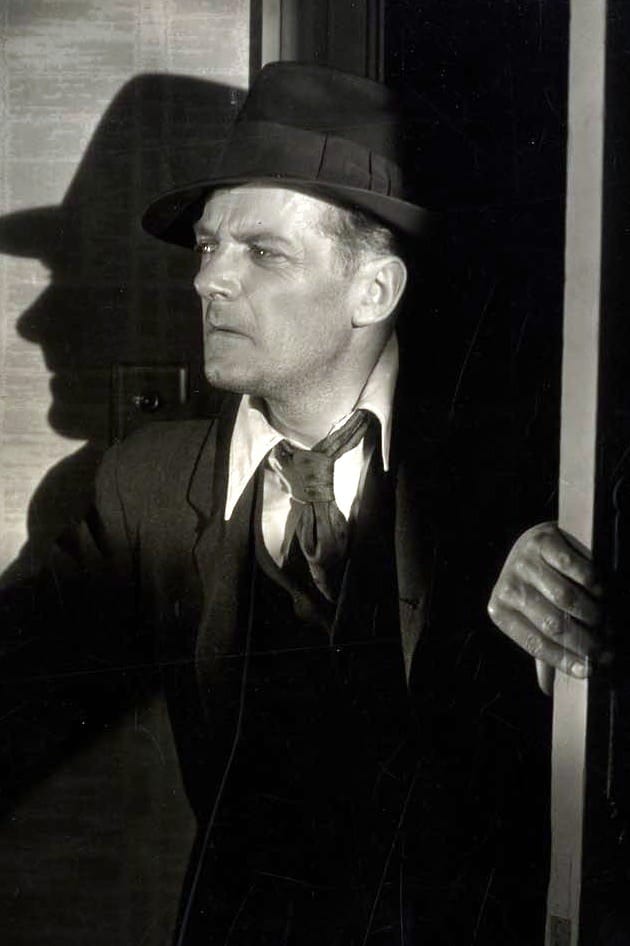
From Wikipedia, the free encyclopedia
Donald Calthrop (11 April 1888 – 15 July 1940) was an English film actor. He appeared in 63 films between 1916 and 1940, including five films directed by Alfred Hitchcock.
He was born in London and died in Eton from a heart attack.
He was the nephew of Dion Boucicault. He was educated at St Paul's School and made his first stage appearance when eighteen years old at the Comedy Theatre, London. His first film was The Gay Lord Quex.
Description above from
Gender: Male
Born On: 11-Apr-1888
Last Info Sync: 9/13/2018 6:00:00 PM
Donald Calthrop's Filmography on TV
List of programs starring Donald Calthrop on tv. Programs are sorted in order of last seen on tv. Last updated: Feb 1, 2025 1:14 AM
Let George Do It (1940)
Shortly after the start of World War II, a ukelele player (George) takes the wrong boat and finds himself in (still uninvaded) Norway. He is mistaken for a fellow British intelligence agent by a woman (Mary), and becomes involved in trying to defeat Nazi agents.
Band Waggon (1940)
A gang of spies held up in a haunted castle gives this team of celebrated British wireless comedians plenty of scope for laughs.
Thunder In The City (1937)
A visiting American engages in a bold business promotion, the likes of which the British have not seen.
Love From A Stranger (1937)
Ann Harding plays a lovely but somewhat naive young woman who goes on a European vacation after winning a lottery. Swept off her feet by charming Basil Rathbone, Harding finds herself married before she is fully able to grasp the situation. Slowly but surely, Rathbone's loving veneer crumbles; when he casually asks Harding to sign a document turning her entire fortune over to him, she deduces that her days are numbered.
Number Seventeen (1932)
A gang of thieves gather at a safe house following a robbery, but a detective is on their trail.
Gran Bretagna (1931)
Grierson set out to make "propaganda," and this film--with it's voice-over proclaiming the great value of the British industrial worker, without a hint of ambiguity or doubt--fits that category well. The authoritatarian narrator feels out-of-date and unsophisticated, but the footage is well shot and interesting, and the transparency of the propaganda aspect is almost a reflief at a time when so many films have hidden agendas.
